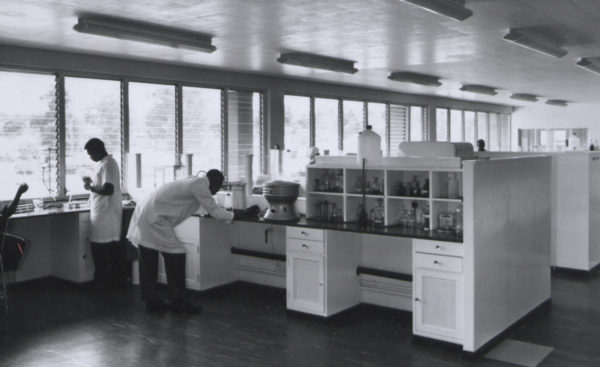

You have just spent years and tens of thousands of dollars to finish your documentary and your next step is to get into festivals and find distribution. But you’re missing another important step: monetizing all of the your film, including the outtakes, and preserving it beyond your lifetime.
For digital content, there is a tsunami of material on hard drives and on the web. How do filmmakers ensure preservation of these materials? From the filmmaker working with a distributor to the filmmaker with no budget – what are the options? Distributors have held materials for filmmakers, but when distribution rights are over, filmmakers need to know what rights and materials they retain, how to get materials back, and how to ensure their preservation. Rights and preservation are, for many filmmakers, intertwined.
These workshops made possible by the Council on Library and Information Resources (CLIR), with funds provided by the National Film Preservation Board.
 Care and Preservation of Celluloid Film
Care and Preservation of Celluloid FilmConsidering the history and use of film technology by independent filmmakers, this workshop will provide a better understanding of commonly used analog film formats and strategies for their long-term preservation. The workshop will provide a brief overview of topics such as: common film stocks and formats; decomposition and image fading; the identification and inspection of film elements; film storage; working with film labs; liquid gate printing and scanning; and analog, digital, and hybrid film restoration.
 Digital Film Archiving for Filmmakers
Digital Film Archiving for FilmmakersThis workshop will discuss approaches to safeguard your own legacy as digital filmmakers. Do you know where your digital files are now? Do you know what the best copies are? What if someone wanted to use them in 30 years? We will talk about what archives can, and cannot do, for you, and how to prepare your files for someone else to take care of them. We’ll talk about what the big Hollywood studios do, as well as some small affordable DIY actions you can take today. After giving you some tips and tricks, we’ll leave a lot of room for questions, sharing stories among yourselves, troubleshooting and feedback on your own experience as filmmakers and “accidental archivists”.
 Copyright Basics for Filmmakers
Copyright Basics for FilmmakersThis workshop will provide an overview of U.S. Copyright Law from the point of view of filmmakers of feature or documentary films interested in questions regarding the production, distribution and financing of films (or television programs). The workshop will cover topics including: ownership (work for hire/joint authorship), rights, licensing and enforcement of rights for filmmakers. It will also include a summary of fair use considerations, including for example, the use of materials incorporated into films, and the basics of licensing materials into feature or documentary films. Ample time will be set aside for Q&A from the workshop participants. Filmmakers Nancy Savoca and Rich Guay provide real world case study examples.
 Reuniting Films with Their Makers
Reuniting Films with Their MakersAddressing the relationship between filmmakers, moving image archives, and film labs, this workshop will offer avenues and resources for filmmakers to reunite with their “lost” films. The widespread closure of film labs led to a fraught situation for many filmmakers trying to locate, share, and monetize their films. This workshop will provide an overview of how film labs ended up storing films, what happened when they closed, and approaches and networks you might explore in pursuing your own film elements. The history and critical role of moving image archives for filmmakers will also be covered to help foster the filmmaker/archive relationship. There is a vast network of moving image archives able and willing to assist filmmakers, not only in finding their films, but offering homes for them and ensuring their preservation and relevance long into the future.
AMIA is building a list of resources to help you make decisions about how to ensure your film (in whatever format) is preserved and accessible into the future. Resources will continue to grow through the work of filmmaker and archivist members.
Want more information about preservation? Have a question about service providers? Contact us at amia@amianet.org. AMIA is a global network of archivists, scholars, preservationists, technologists, filmmakers, and providers working together to ensure the long-term preservation and access to all moving images.